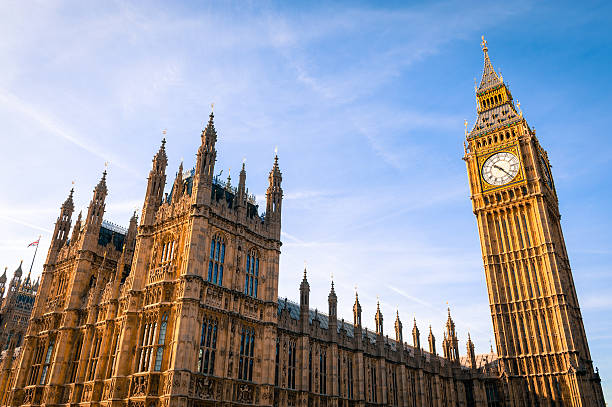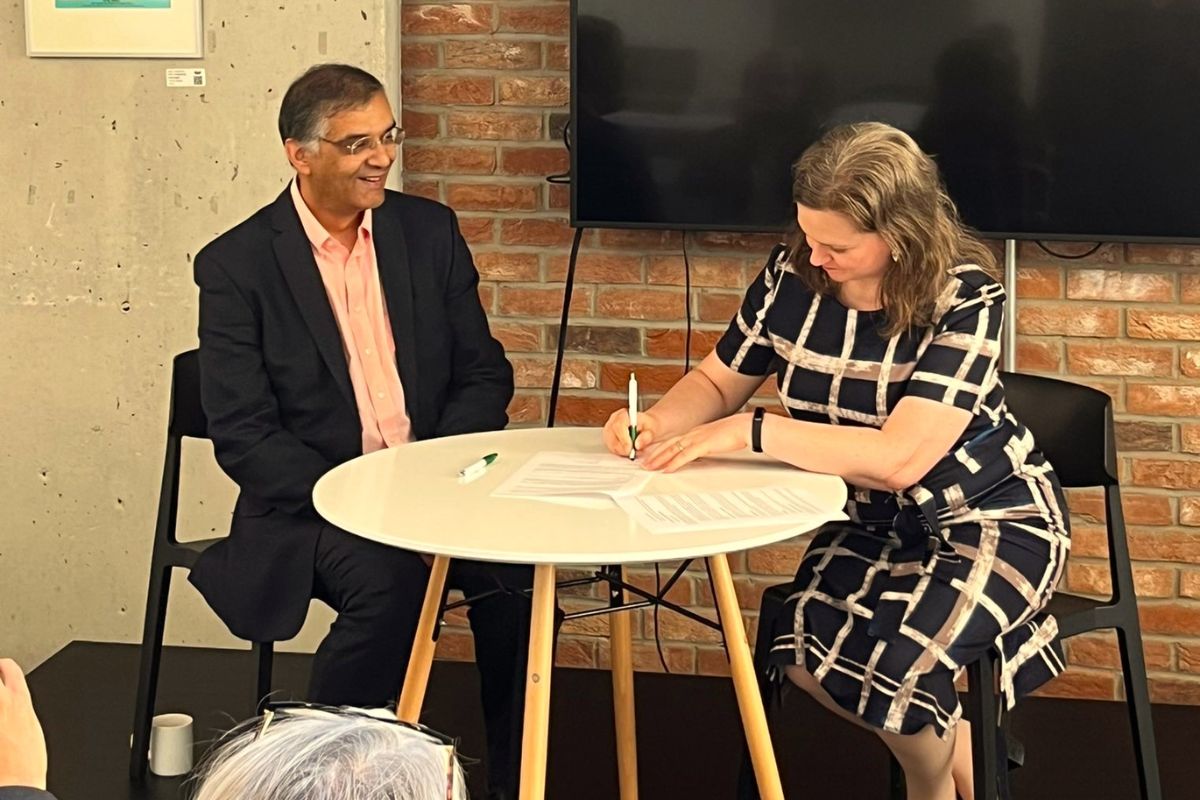Government launches Digital Inclusion Action Plan to support the 19 million UK citizens suffering from digital poverty
Technology Secretary Peter Kyle has launched the government’s Digital Inclusion Action Plan, providing funding and support to digitally-excluded groups across the UK, including elderly and low-income…









